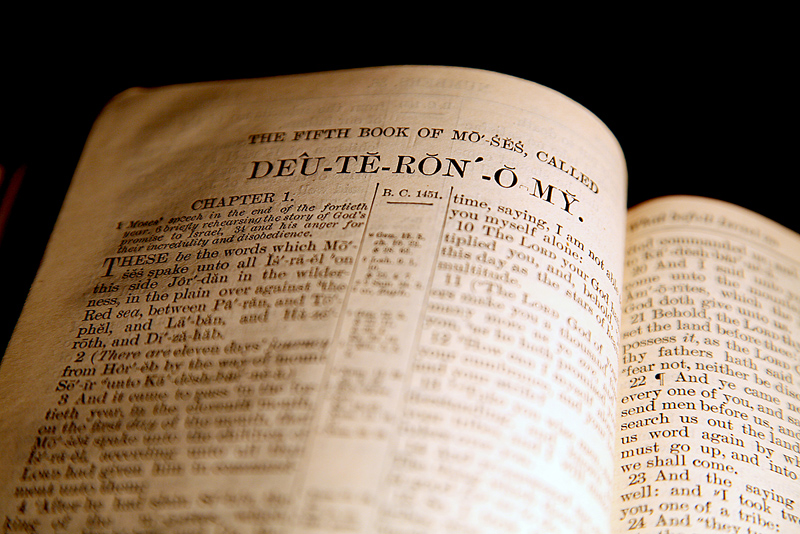This morning I was reading the Torah portion for the day and I came across this:
“Do not think in your heart, after Yehovah your Elohim has cast them out before you, saying, ‘Because of my righteousness Yehovah has brought me in to possess this land’; but it is because of the wickedness of these nations that Yehovah is driving them out from before you. It is not because of your righteousness or the uprightness of your heart that you go in to possess their land, but because of the wickedness of these nations that Yehovah your Elohim drives them out from before you, and that He may fulfill the word which Yehovah swore to your fathers, to Abraham, Isaac, and Jacob.” (Deut 9:4–5)
YHVH chose the lesser of two evils when he chose the Israelites. His choice was between the more sinful pagans and the less sinful Israelites.
Let’s be real here. He made the same choice when he chose you and me!
Yes I get the fact that he chose the Israelites ultimately because he was bound to his covenant with Abraham, but let’s not forget one thing. After the golden calf incident, YHVH threatened to destroy all the Israelites and fulfill his promises through Moses’ seed. So he could have circumvented the majority of the sinful Israelites and still fulfilled his promises to Abraham through Moses’ offspring.
Bottom line. But for the grace of Elohim none of us stand a chance. When he extended a call to you and me to receive salvation, he made a choice between the lesser of two evils!
Now let’s kick this ball into a different arena.
When voting for elected officials, we will never have the perfect candidate. It will always be a vote for the lesser of evils until King Yesahu returns to this earth and sets up his world-ruling government at which time voting won’t even be an option. His government will be forcibly imposed on humanity and enforced with a rod of iron! But you hopefully get my point.
For this reason, I have no choice at this point but to vote for Donald Trump. If YHVH sometimes has to make the choice between the lesser of two evils, who am I to say that I’m better than the Creator by refusing to vote, while waiting for the perfect candidate? I wasn’t the perfect candidate, yet he “voted” for me?
(I can’t wait to see the comments that come about this post. There will probably be some doozies!)





